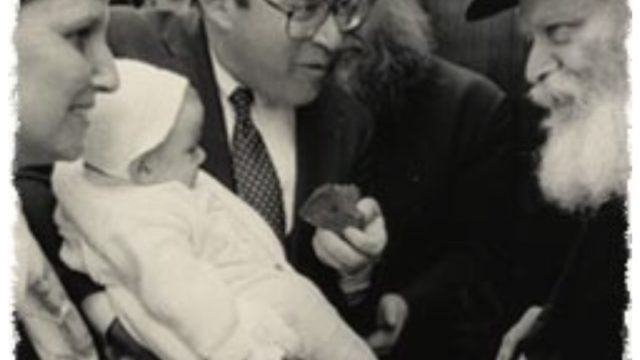
The lens of ageing is fraught with complexities. Ageism, encompassing discrimination, marginalization, and negative stereotyping is without a doubt prevalent in this country and other modern societies. Making this case in the public policy domain, as with other forms of discrimination, requires skill, leadership, and command of knowledge; it must be seasoned with a healthy dose of humility and wisdom.
Secularism, under the rubric of the principles of empirically sound sociological principles, can confirm in a rational manner the pernicious affects of ageism: from health care, to meaningful employment, to negative and black humor caricatures, and to isolation. Hopefully presenting a cogent case will raise public awareness and enact promising remedies. To this end concerning the literature, I would recommend the Ashton Applewhite book This Chair Rocks.
However, this approach by itself is inadequate in explicating the malevolence of the loss to modern societies what Elderhood offers. It’s imperative to advocate for a counterbalancing argument that re-introduces the spirituality or wisdom that affords elders open to it, and the beneficent role it can play in a world supplied with knowledge but underfed with wisdom.
There is a mystical, or other worldly discernment, that opens up as ageing allows for reflection of lifelong experiences, marinated with the innate awareness of the limited time remaining. Hence the reverence toward elders in pre-industrial and tribal cultures. A good book on this is the pioneering treatise “From Age-ing to Sage-ing” by Reb (rabbi) Zalman, which was published in the early 90s and pleads for the return of the elder sage. It would be important to read both of these books. Together they complement and balance each other.
This part of ageing must be integral to the anti-ageist movement. The risk is that empirical knowledge will overpower or abdicate this vital spiritual part that has been subsumed by modernity. Examples of that abdication have already surfaced. Empiricists want to eschew words that used to be revered as part of the Elderhood lexicon, such as Crone, or Wise Elder, or even the word Wisdom itself because they no longer fit in or they evoke negative stereotype imagery. Once the magical qualities of these beautiful words are neutered we lose some of the richness, the mysticism of the elder phase of life.
There are role models for this balanced approach to social justice movements and societal well being. One needs to look no further than Martin Luther King Jr or Mahatma Gandhi whom always had their minds eye on the spiritual light as guiding principles of non-violence, the very foundation of the movement. They led by exuding transcendent spiritual beliefs with the secular imperative for social justice. They are of the past but remain good leadership models today.